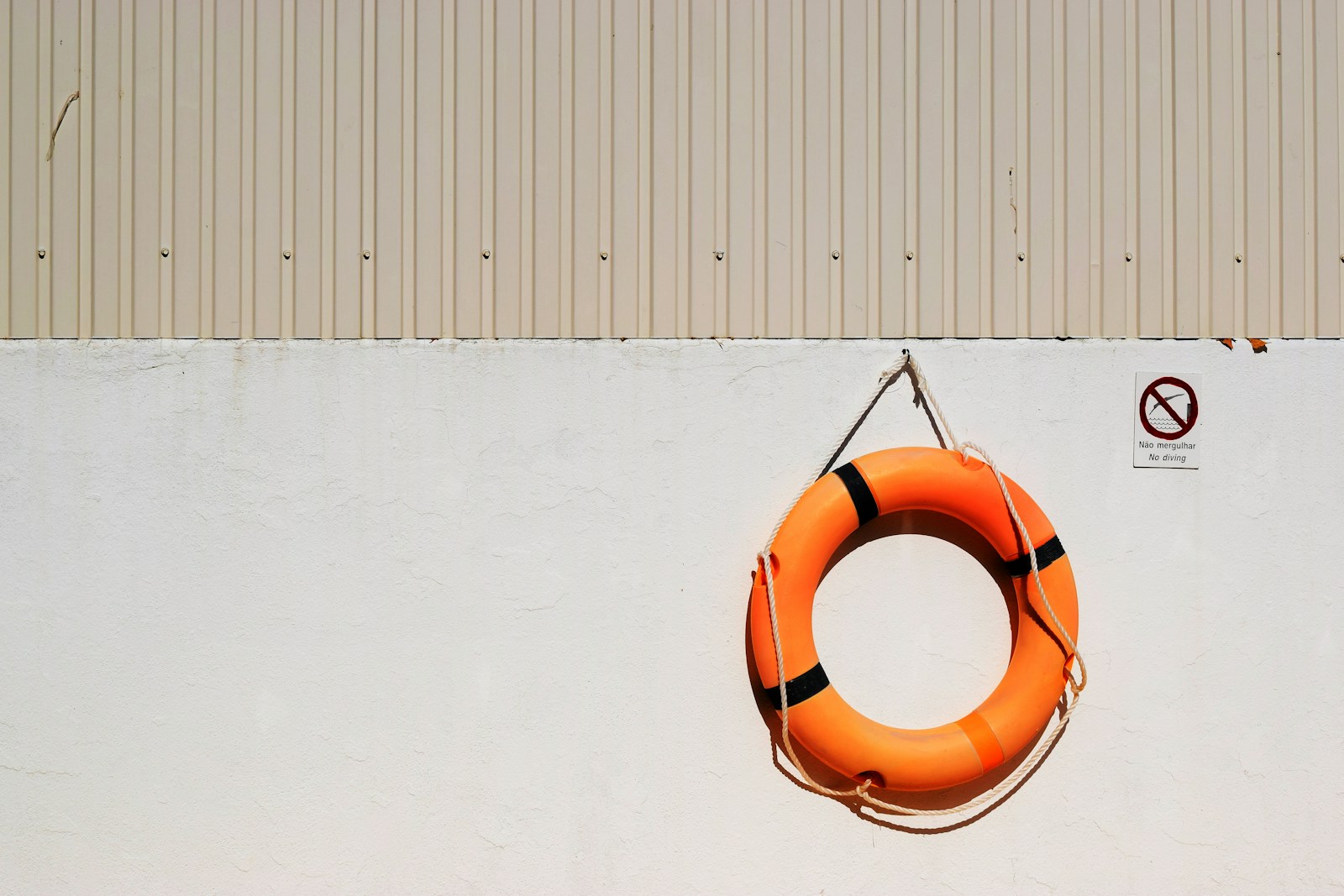Picture yourself on a beautiful Cornish beach, salt air around you and sun on your face, ready to help keep people safe as a qualified beach lifeguard. Our beach lifeguarding courses in Cornwall are perfect for kickstarting your journey, whether you’re after new experiences, a meaningful job for the summer, or a nationally recognized certificate that can help advance your career. If you’re interested in keeping people safe at the seaside and developing valuable skills in a unique environment, you’ll find everything you need to know about our courses right here—from what you’ll learn to why Cornwall is the best location, and how our training opens the door to exciting opportunities in water safety.
What Is Beach Lifeguarding All About?
Beach lifeguard training is all about preparing you to handle emergencies both in and around the water. These courses bring together a mixture of fitness training, first aid, life-saving skills, and teamwork that should give you all the tools you’ll need in real-life settings. In the UK, recognized groups such as the RLSS and SLSGB set the gold standard for what lifeguarding professionals need to know, and completing a certified course gives you proof that you’re ready to protect others on the beach.
Lifeguarding isn’t just a job—it’s a response to the need for reliable safety in coastal communities, a demand that’s only gone up as more people visit and enjoy the sea.
Why Train for Lifeguarding in Cornwall?
Cornwall is the ideal setting to practise coastal rescue work. With its long stretches of golden sand, tall waves, and everything from quiet coves to wild surf, you get to learn in every possible condition the ocean can offer. Real beach environments teach you much more than a classroom ever could—here, you’ll gain hands-on experience, working together with friendly instructors who genuinely care about water safety.
Here in Cornwall, you’ll encounter all kinds of scenarios. By getting used to these naturally changing beaches, you will build true confidence in the skills a lifeguard really needs. Course providers such as Cornish Wave deliver training right on the sand and even in the waves themselves, making learning as close to real-life as possible. Train with us on our beach lifeguarding courses in Cornwall and gain your qualification.
What Kind of Lifeguard Courses Can You Take?
When looking for beach lifeguard qualifications in the UK, there are a couple of main ones to consider:
- RLSS National Vocational Beach Lifeguard Qualification (NVBLQ): This comprehensive 40-hour course teaches you both theory and practice, covering everything from lifesaving skills to in-depth first aid, using automatic defibrillators (AED) and lots of simulated rescues in open water. The license is valid for two years and is respected across the UK by local councils and the RNLI.
- SLSGB Surf Lifeguard Qualification: Also running 40 hours, this course puts more focus on mastering rescues in surf conditions. You’ll get comfortable using rescue boards, learn important hand signals for water communication, and experience fast-paced teamwork—a great foundation for anyone joining a surf school or thinking about competitive lifesaving.
Each course will test your swimming, fitness, teamwork, and communication. It’s great for anyone serious about water sports, water safety, or looking for global work possibilities.
Keen on Coaching? Upskill with the Surf Coach Safety & Rescue Course
If you’re also interested in coaching alongside lifeguarding, the SLSGB Surf Coach Safety & Rescue Award might be your next step. This course teaches everything you need for safe surf lessons and prepares you for internationally recognized surf coach qualifications. It’s short, intensive and a great addition for those building a broader outdoor or aquatic career.
Lifeguarding Today: What’s New and Why It Matters
There is a rising need for beach lifeguards as more people are heading to Cornwall’s coastline for water sports and holidays. Nowadays, lifeguards do more than just watch out for trouble—they help educate beachgoers about water safety and work with other rescue services to manage busy beaches.
Technology is also beginning to make a difference. New equipment, like rescue drones or improved first aid kits, means that beach lifeguards are able to give help faster and more safely than ever before.
Lifeguarding Courses: Your Questions Answered
Is lifeguarding just for young adults?
Not at all! As long as you meet the fitness and swimming requirements, it doesn’t matter how old you are.
How skilled do I need to be at swimming?
Good swimming ability is a must. You’ll be tested to make sure you’re ready before the lifeguarding training starts.
Is it a tough job?
Becoming a beach lifeguard is physically tough, but the courses include lots of fitness training. If you stick with the workouts and discuss any worries with your instructors, you’ll do fine.
Can I use my qualification overseas?
The major British qualifications are well-respected within the UK, and some, such as those from SLSGB, are even internationally recognized, making them valuable if you ever plan to work at beaches overseas.
The Main Challenges and Big Rewards
Challenges
- Changing Coastal Weather: The seaside environment is unpredictable, with big changes in currents, waves, and weather.
- Physical and Mental Toughness: The job asks a lot, including emotional strength to deal with emergencies and good fitness for rescues.
- Stay up-to-date: You’ll need to refresh and update your qualifications every couple of years.
Opportunities
- Lifeguarding can set you on a path to work at surf centers, beaches, or even in international resorts.
- You can pick between working for the RNLI, local councils, adventure centers, or surf schools—you’ll have plenty of choice on your career path.
- If you combine lifeguard and coaching certifications, you become even more attractive as a watersports professional.
- Most of all, lifeguards play a key role in keeping communities safe and making people’s visits to Cornwall memorable for all the right reasons.
Top Tips for Future Lifeguards
- Start working on your swimming and running. Strong fitness could make training easier and survival situations much less stressful.
- Pick the qualification that matches your goals, such as the professional RLSS NVBLQ for more formal lifeguarding or the practical SLSGB award for surf conditions.
- Look for course providers like Cornish Wave, who not only understand water rescue but also create a friendly, motivational space to learn in varied beach locations.
- Take every water training session seriously—what you practise in real waves will help you in real rescues.
- Don’t forget, your certificate will expire, so always know your renewal dates.
- If you suspect you’ll want plenty of career variety in water-based roles, think about combo-courses to get coaching and lifesaving expertise in one go.
Choosing us to learn lifeguarding means getting more than a qualification—it means entering a community passionate about water safety and enjoying the thrill of the Cornish coast. Whether you want a new job for the season, you’re committed to lifelong learning, or you just want the satisfaction that comes from keeping people safe, a beach lifeguard course is the way forward. Step onto Cornwall’s golden sands and become the difference-maker by the sea.
If you’re ready for the challenge, discover more and book your place on our beach lifeguarding courses in Cornwall.





